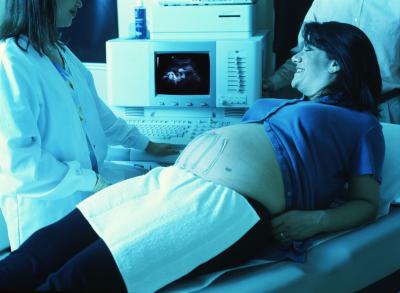Search Results for: identify
How to Treat Food Poisoning in Children
Food poisoning, also known as food-borne illness, can strike children and adults alike. Symptoms of food poisoning, such as vomiting and diarrhea, typically start around eight hours after contaminated food is consumed, although some types of food poisoning, such as salmonella, can have an incubation period of up to three days. Food poisoning typically resolves after 48 hours. When treating your child’s bout of food poisoning, preventing dehydration is the most important task.
Pregnancy Doppler Test
A Doppler ultrasound is a very specific type of fetal ultrasound test. Fetal ultrasound is a diagnostic test that may be used to confirm your pregnancy; give your doctor an idea of your baby’s gestational age; assess the baby’s rate of growth; and identify possible congenital abnormalities or other problems. The Doppler ultrasound can also provide valuable information about your developing child’s blood flow.
Teen Obesity
Obesity is a common eating disorder associated with adolescence. According to MayoClinic.com, the primary cause of obesity in teens is the same as it is for adults: eating too much and getting too little exercise. Obesity is more than an aesthetic issue — it can be detrimental to your child’s physical and social health.
What to Know When Planning to Get Pregnant
If you’re trying to get pregnant, you and your partner have probably passed Birds and Bees 101. However, before you start the countdown to your next ovulation date, you have more important things to consider than getting your timing right. The American Congress on Obstetricians and Gynecologists, or ACOG, stresses the necessity of scheduling a pre-conception visit with your doctor to make sure that you’re in optimal health before you get pregnant.
Early DNA Tests on Pregnant Women
Noninvasive screening tests performed during your first trimester can give you valuable, if inconclusive, information about your baby’s risk for Down syndrome and other chromosomal abnormalities. Diagnostic DNA tests can be performed as early as the first trimester and can conclusively tell you what blood tests and ultrasounds cannot. Certain prenatal tests can also determine the father of your child, if paternity is in question.





